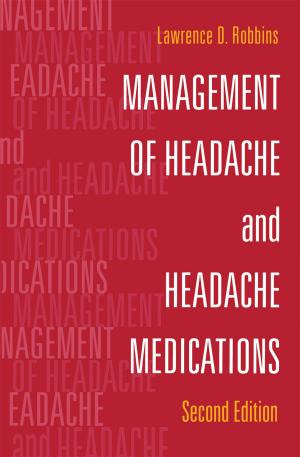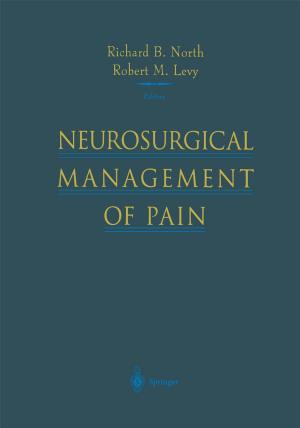Stress and Women Physicians
Nonfiction, Health & Well Being, Medical, Specialties, Family & General Practice, Internal Medicine, General| Author: | D.I. Allen, M.A. Bowman | ISBN: | 9781468402674 |
| Publisher: | Springer New York | Publication: | December 6, 2012 |
| Imprint: | Springer | Language: | English |
| Author: | D.I. Allen, M.A. Bowman |
| ISBN: | 9781468402674 |
| Publisher: | Springer New York |
| Publication: | December 6, 2012 |
| Imprint: | Springer |
| Language: | English |
This book is about the well-being of today's female physicians. The woman who chooses medicine as a career has a challenge that is in many ways unique, yet somehow similar to other women who are breaking the barriers in many professions. The increasing number of career women is an outgrowth of the women's and anti-discrimination movements which have not yet freed the majority of women from their previous sociali zation in which women were wives and homemakers. Many men, and of women, are as yet unprepared for the major changes in the roles women which have occurred in the last two decades. Men, whose wives and mothers have held the traditional roles of this century in our industrial society, are the mainstream of medicine. Women physicians, clearly the minority, have been considered unusual anomalies and are thought to lack impact on the whole of medicine. The women who choose medicine do not necessarily see themselves as feminists, or even as beneficients of the women's movement. Their numbers are increasing rapidly, faster than societal norms and ideas can keep up with them. Discrimination has existed, and will continue to exist, at least on an individual basis, but, hopefully, the institutional barriers and myths are being struck down with the increased numbers of women physicians. Women physicians, and the stressors they face, will change as their numbers increase.
This book is about the well-being of today's female physicians. The woman who chooses medicine as a career has a challenge that is in many ways unique, yet somehow similar to other women who are breaking the barriers in many professions. The increasing number of career women is an outgrowth of the women's and anti-discrimination movements which have not yet freed the majority of women from their previous sociali zation in which women were wives and homemakers. Many men, and of women, are as yet unprepared for the major changes in the roles women which have occurred in the last two decades. Men, whose wives and mothers have held the traditional roles of this century in our industrial society, are the mainstream of medicine. Women physicians, clearly the minority, have been considered unusual anomalies and are thought to lack impact on the whole of medicine. The women who choose medicine do not necessarily see themselves as feminists, or even as beneficients of the women's movement. Their numbers are increasing rapidly, faster than societal norms and ideas can keep up with them. Discrimination has existed, and will continue to exist, at least on an individual basis, but, hopefully, the institutional barriers and myths are being struck down with the increased numbers of women physicians. Women physicians, and the stressors they face, will change as their numbers increase.















